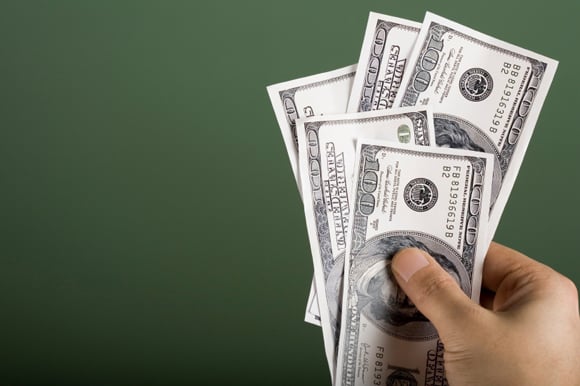The SEC says it's targeting 12(b)-1 fees to help protect investors. Meanwhile, soft dollars fly under the radar. Critics say that needs changing.
While the Securities and Exchange Commission attempts to crack down on 12(b)-1 fees, the agency is ignoring another way mutual funds and money managers dip into investor assets: so-called soft dollar practices, critics contend.
Soft dollars are excess commission rates paid by money managers to executing brokerage firms in exchange for research.
"Soft dollars are the exception to the basic rule that fiduciaries are not allowed to use client assets for their own benefit," said Edward Siedle, founder of Benchmark Financial Services Inc., a consultant to pension plans.
"It's never been clear that soft dollars benefit investors," he added.
Firms that pay soft dollars disagree, of course. Soft dollars must be used for research, which benefits clients, they said.
Critics have their doubts, however.
"People can make all kinds of claims about what they're using soft dollars for, but if you don't disclose specifically for what, you can't tell," said William George, an Encino, Calif.-based consultant and longtime critic of soft dollars.
Although mutual funds disclose the aggregate amount of commissions they pay, the soft-dollar portion is not disclosed. "They disclose the commissions and whether some of that is soft-dollar money,” said Russ Kinnel, director of research at Morningstar Inc. “But the problem is that it's in dollar terms and pretty well-hidden," with little context.
The amount of soft-dollar commissions industrywide is difficult to asses. Mr. George estimated that in 2003, soft dollars amounted to about $13 billion. That's roughly equivalent to what investors paid in 12(b)-1 fees four years later, according to the SEC.
Other estimates for soft dollars are much lower, but Mr. George said those estimates don't encompass all the soft-dollar players.
Since trading commissions, including the soft-dollar portion, are not included in mutual funds' expense ratios, funds have an incentive to pay for research through the commissions, Mr. Kinnel said.
Funds have a counterincentive, though, to keep their performance up by keeping costs down.
The lack of specific disclosures of soft-dollar amounts contrasts with the intense focus on 12(b)-1 disclosures. The SEC's 12(b)-1 proposal aims to end the "hidden sales charges" now being deducted from shareholder accounts, SEC Chairman Mary Schapiro said last month while introducing the proposal.
In contrast, "soft dollars are kind of submerged," Mr. George said.
SEC spokesman John Heine declined to comment.







